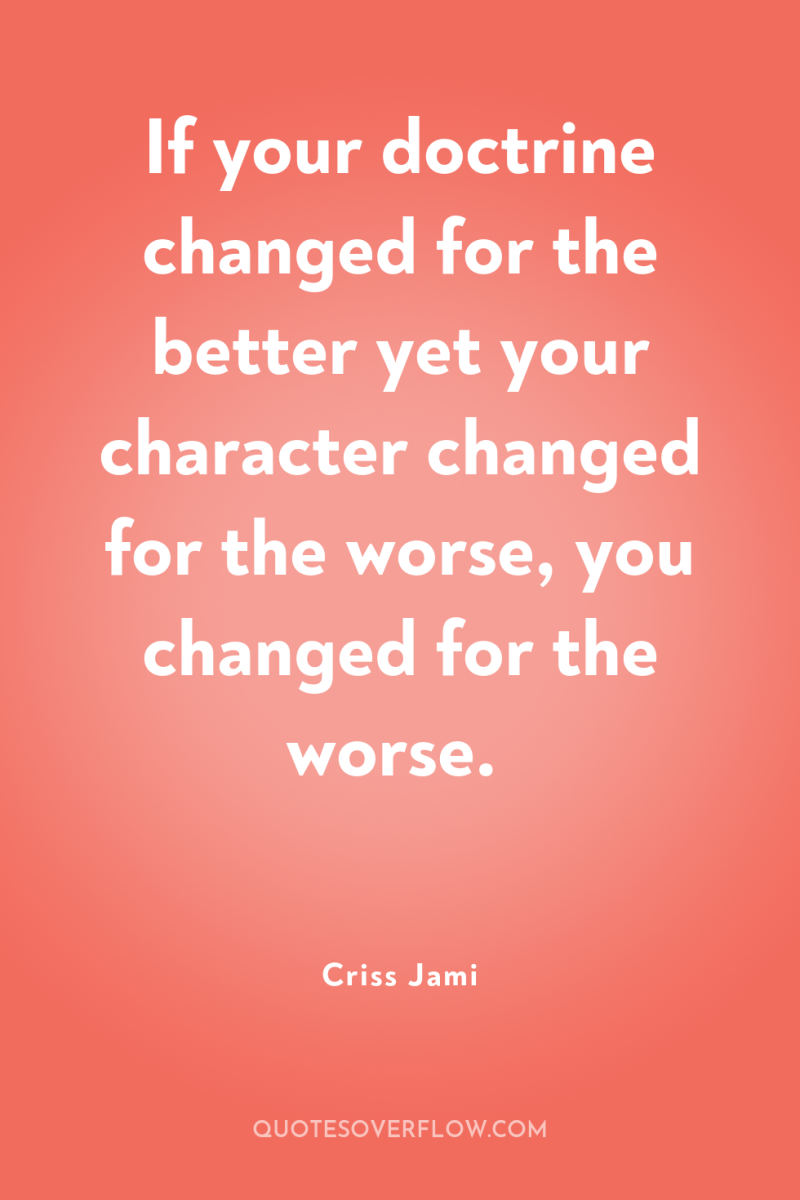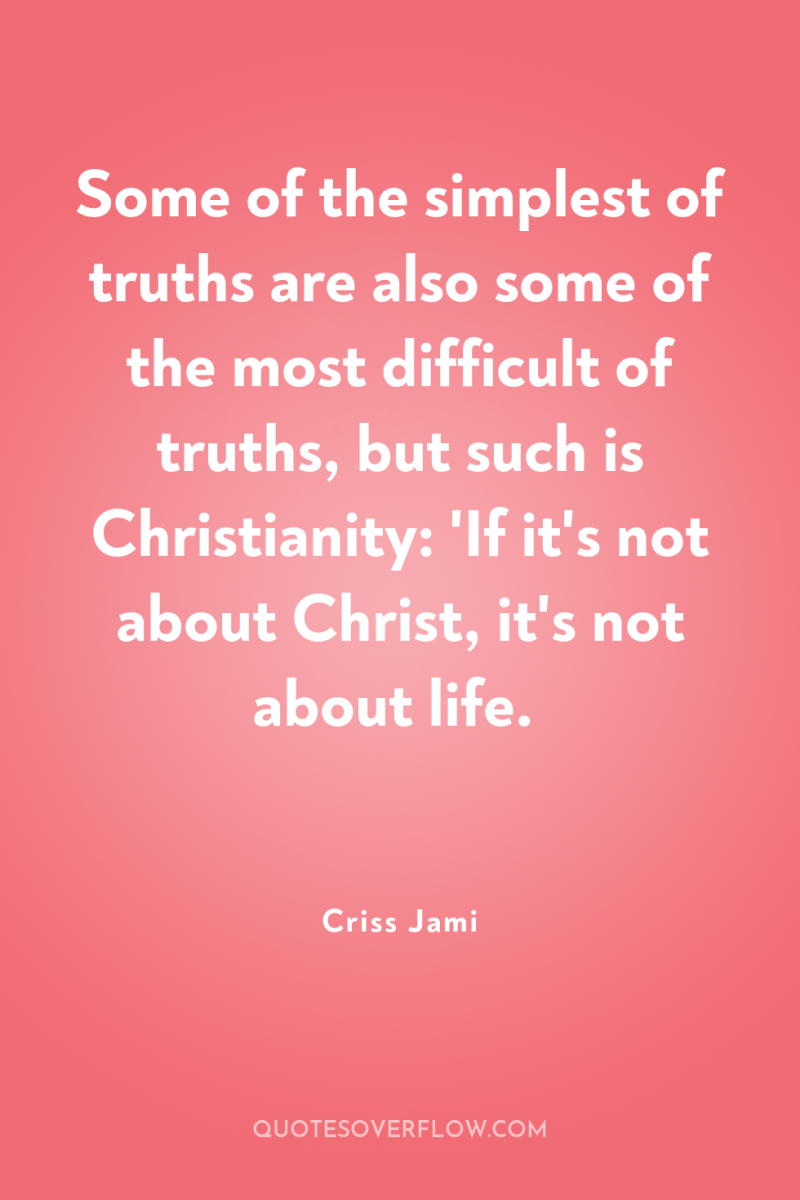
1
If your doctrine changed for the better yet your character changed for the worse, you changed for the worse.Criss Jami
2
There's a certain amount of ambiguity in my background, what with intermarriages and conversions, but under various readings of three codes which I don’t much respect (Mosaic Law, the Nuremberg Laws, and the Israeli Law of Return) I do qualify as a member of the tribe, and any denial of that in my family has ceased with me. But I would not remove myself to Israel if it meant the continuing expropriation of another people, and if anti- Jewish fascism comes again to the Christian world–or more probably comes at us via the Muslim world– I already consider it an obligation to resist it wherever I live. I would detest myself if I fled from it in any direction. Leo Strauss was right. The Jews will not be 'saved' or 'redeemed.' (Cheer up: neither will anyone else.) They/we will always be in exile whether they are in the greater Jerusalem area or not, and this in some ways is as it should be. They are, or we are, as a friend of Victor Klemperer's once put it to him in a very dark time, condemned and privileged to be 'a seismic people.' A critical register of the general health of civilization is the status of 'the Jewish question.' No insurance policy has ever been devised that can or will cover this risk.Christopher Hitchens

3
Some of the simplest of truths are also some of the most difficult of truths, but such is Christianity: 'If it's not about Christ, it's not about life.Criss Jami
4
We live in a culture of reductionism. Or better, we are living in the aftermath of a culture of reductionism, and I believe we have reduced the complexity and diversity of the Scriptures to systematic theologies that insist on ideological conformity, even when such conformity flattens the diversity of the Scriptural witness. We have reduced our conception of gospel to four simple steps that short-circuit biblical narratives and notions of the kingdom of God on earth as it is in heaven in favor of a simplified means of entrance to heaven. Our preaching is often wed to our materialistic, consumerist cultural assumptions, and sermons are subsequently reduced to delivering messages that reinforce the worst of what American culture produces: self-centered end users who believe that God is a resource that helps an individual secure what amounts to an anemic and culturally bound understanding of the 'abundant life. .Tim Keel
5
Of course, there were innumerable conversions during these years, as Christianity became the religion of Western Europe and Christendom took its characteristic shape. Many of these were undramatic — serfs responding to the importunity of their lords — or group events, as in the conversion of Clovis’s troops. But for many others there was no longer need of conversion. The contours of Christian experience had shifted. Whereas up to the time of Augustine there had been four stages of initiation and incorporation into the church, there were no typically two. The first stage was brief and obligatory — baptism in the days or months after birth. The second stage would happen later and would take longer — if it took place at all — when confirmation happened and when parents instructed their children and godparents instructed their godchildren in the beliefs and behavior of the Christian church. Indeed, at this time of the rapid spread of Christianity into new territories, it was vitally necessary that the baptizands be taught well. The heroic and valorous values of the folk, the glorious narratives of warriors, the adulation of wealth and strength — all of these were as firmly in place in seventh-century Gaul as the pagan values and narratives had been in third-century Rome. If Christianity were to be a religion of revelation that could challenge the commonplaces of Gallic society, if new habits were to be taught and new role models were to be adopted, there would have to be some form of postbaptismal pastoral follow-up. .Alan Kreider